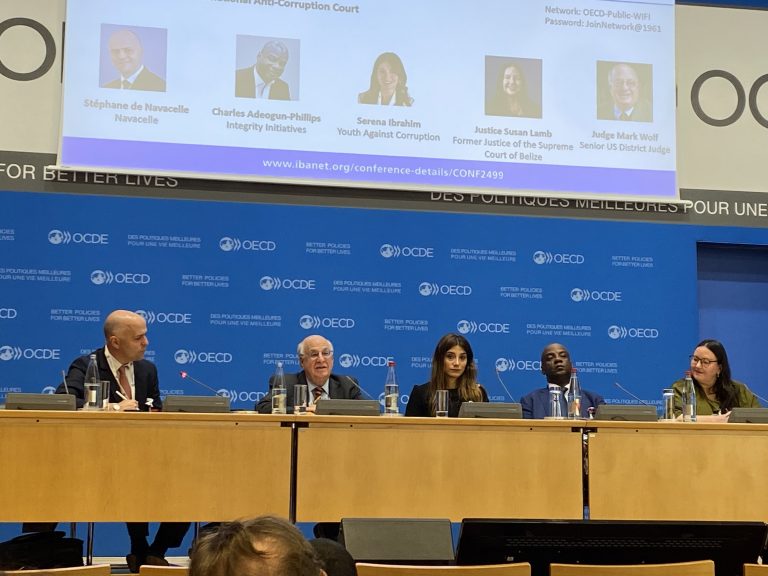The IPCC Sixth Assessment Report issued earlier this year stated that “climate change has caused substantial damages, and increasingly irreversible losses, in terrestrial, freshwater, cryospheric, and coastal and open ocean ecosystems” and that the impacts of climate change will increase as global warming continues. The environmental protection and compliance with environmental measures are becoming increasingly important.
In France, environmental criminal law, although not new, is only beginning to be effectively applied. This is recently reflected on the one hand, by the enactment of a criminal policy in this area (I), and, on the other hand, by the increasing number of sanctions imposed for breaches of the rules in this field (II).
I. The Minister of Justice has reaffirmed his determination to further strengthen the repression of environmental offences
On 9 October 2023, the Ministry of Justice issued a circular (i.e. an paper to explain or present new measures or policies) on criminal policy in the field of environmental criminal justice. The purpose of this circular was to specify the means implemented to enable the development of environmental criminal litigation within the jurisdictions and to update the criminal policy guidelines.
This text aims at strengthening the coordination of administrative and judicial actions through the deployment of operational committees to combat environmental delinquency, reinforce the effectiveness of judicial investigations into environmental offences, and implement a strong and appropriate criminal response in environmental matters.
The abovementioned departmental committees, chaired by prosecutors, have been set up to encourage relations between magistrates and all the services involved in detecting and dealing with high-impact phenomena considering local particularities and the environmental damage most frequently encountered in the aera in question.
To allow effective investigation, the circular invites, when appropriate, prosecutors to ensure that investigators work in conjunction with agents from specialized administrations, given their environmental expertise and to mobilize special investigative techniques (surveillance, infiltration, sound recording, interception of correspondence, data capture).
Last, to ensure a criminal response, the aim is to increase the use of CJIPs (i.e. criminal settlements comparable to American deferred prosecution agreements), which allows for restoration, compliance and, with a view to recovery, significant fines.
II. Jurisdictions are intensifying the enforcement of environmental criminal laws
In addition to the texts, which serve as a reminder of the authorities’ determination to punish environmental offences, sanctions are also enforced. By way of example, in November 2019, three NGOs filed a complaint against a company for importing Ipé wood from Brazil to the European market, without carrying out the minimum checks required by the European regulation No 995/2010 to prevent the import of illegal wood.
Despite the unsuccessful controls carried out by the police and the audits carried out by private bodies, on 6 September 2023 the Châteauroux Criminal Court assessed the company’s negligence in the light of several criteria (complexity of the chain, corrupt practices, suppliers already implicated, etc.) and imposed a 20,000 euros fine on the Company as well as 20,000 euros in damages for the moral prejudice suffered by the three NGOs.
On 11 September 2023, the Rennes Criminal Court issued a similar ruling regarding deforestation. It is now likely and fortunate that decisions on this field will be taken on a regular basis, marking the end of a period when the environment was the poor relation of criminal law.











